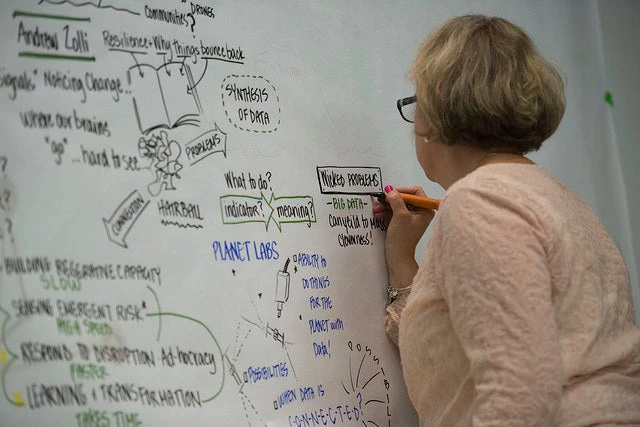
Even marginal improvements in procurement efficiency can mean big savings . And that’s just a start.
The use of data and technology in procurement make it possible for governments to make informed decisions to maximize development impact. At the World Bank, the Public Integrity and Openness Practice is developing a set of Transformational Engagements, one of which focuses on Data Analytics, to catalyze better outcomes from procurement processes.
The engagement will use data analytics to solve pressing developmental problems. The plan is to combine work on addressing common data problems (how to digitize paper records, how to link different data records, how to present data findings in ways that are accessible and influential) with efforts at the country level. Powered by advanced data analysis, countries can undertake empirical-based examinations of when best value is achieved via procurement, or in which cases and sectors government contracting is promoting the development of competitive and dynamic private sectors.
Work undertaken within the Bank will be informed by the concurrent efforts of others who are exploring different approaches and different techniques to using data and data analytics to drive improved performance. The World Bank seeks to play a constructive role within a community of initiatives to harness the power of information to change how governments function, the relationship between government and non-governmental actors, and the lives of people. Committed to an inclusive process of learning-by-doing, the World Bank is dedicated to building partnerships with researchers, government officials, the private sector, and civil society.
This spring, the World Bank convened a Design Meeting of experts and practitioners, including technologists, government stakeholders and innovators, civil society activists, and others, to co-create a new initiative to leverage data for better development impact through procurement. The participants modeled practical solutions to procurement challenges.
Practitioners asked themselves how to focus on the problems that matter most to citizens, creating tools and approaches that make “open data” more than a buzzword. And, these approaches needed to be more than ad-hoc experiments, but rather become part of government DNA, such that momentum does not stall or reverse with political changes or shifting priorities.
Increasing access to education and healthcare, building infrastructure that enable broad-based economic growth, improving the quality of basic public services—all of these require government spending that is thoughtfully planned and executed. Much of that spending happens through public procurement channels.
Globally, government spending via procurement accounts for around a fifth of countries’ GDP, though it can be as high as a quarter of GDP in some countries such as Vietnam and India.
As the data revolution makes evidence-based policy making more feasible, and as demand grows for greater citizen engagement in the way public resources are managed and used, we should think about procurement processes as prime targets for innovation.
In the last decade, many large private sector firms have harnessed digital processes effectively to streamline their procurement processes and increase value for money. However, the public sector has lagged far behind in making use of data and data analytics to address procurement challenges.
Please join the efforts to increase efficiency in procurement by engaging in the discussion.
Tweet this: #opendata & #technology in #procurement = better govt decision-making 4 max development impact.
Tweet this: How @WorldBank works w/ #data analytics 2 catalyze better outcomes from #procurement processes. #opengov
Tweet this: @WorldBank co-creating a new initiative 2 use #opendata 4 better development impact thru #procurement.



Join the Conversation